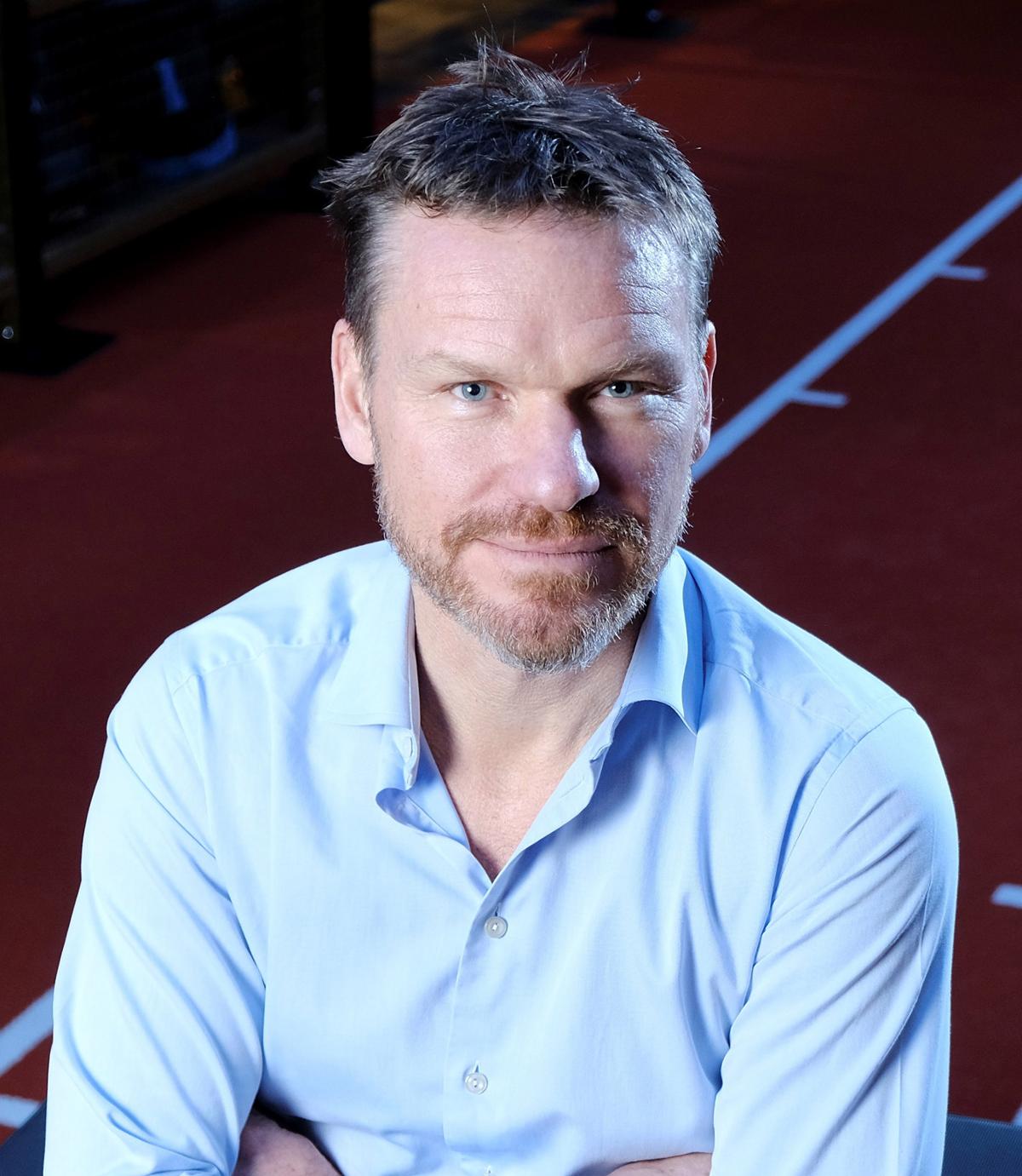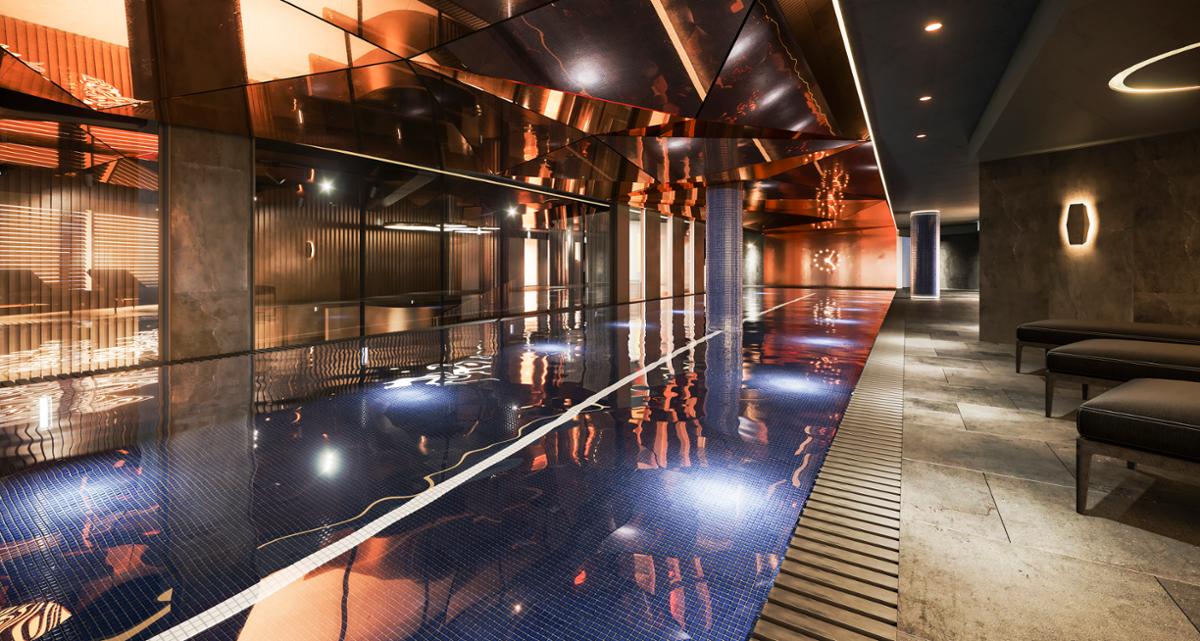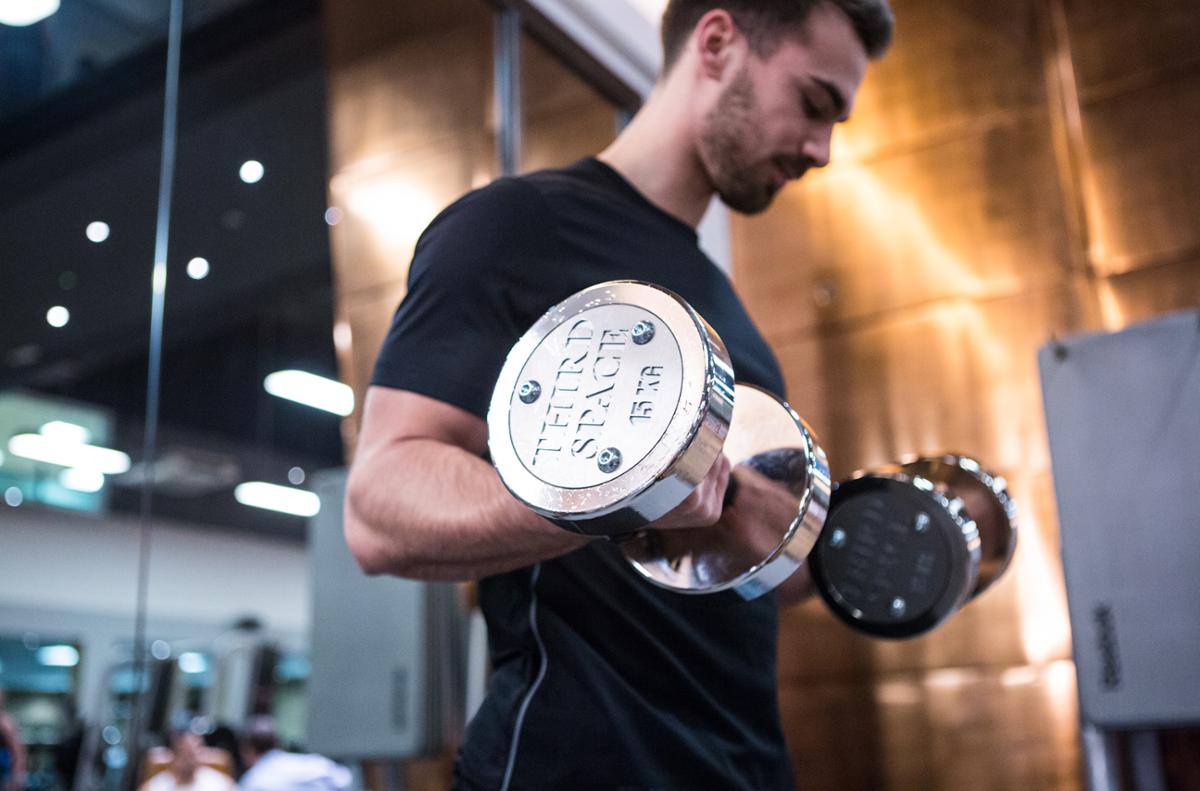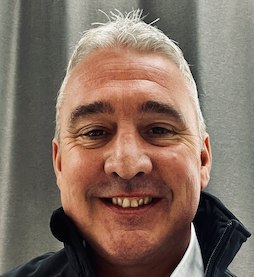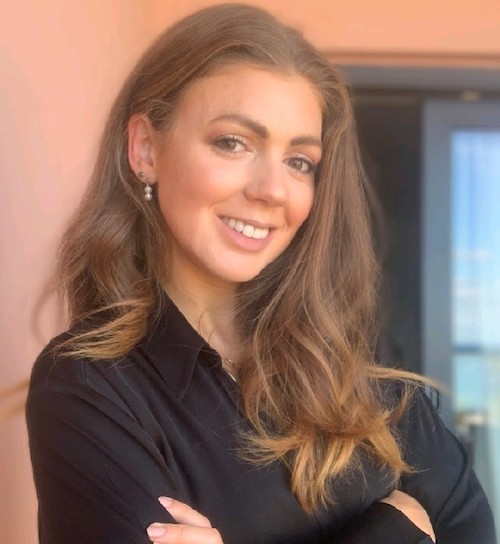Without doubt the hardest year of my career was when I was chief executive of Fitness First during the advent of budget clubs. Looking back, that time was a ‘boil the frog’ moment* – when it gets harder and harder, but you can’t pinpoint the moment when all is lost.
I joined Fitness First in 2005 and there was a purple patch of five or six years where we grew the business from 250 to 550 clubs worldwide. But then we had the double whammy of the financial crisis starting to bite, combined with the growth of budget clubs which were offering a better value proposition to customers. I can remember the manager of one club asking me what we were going to do about the fact that we were charging £39 a month for a tired facility when the shiny new budget club across the street was only £12.
Due to the financial crisis we were operating under tighter financial constraints, which meant we couldn’t invest in our clubs, or our teams, to the extent we would have liked. We tried to operate our way out of it – selling memberships harder and driving the secondary revenue, but it wasn’t working. We had our backs to the wall, facing a syndicate of 60 banks which weren’t interested in supporting the company, they just wanted to recover some money.
It culminated in a day of the long knives in February 2012, when myself and some of the management team were axed by the private equity owners. I felt deep disappointment and a sense of failure, as well as the realisation that no one is indispensable, however, there was also some relief at being released from fighting a situation I’d lost control of. It wasn’t my problem anymore.
I spent a year thinking about what to do next. Our kids were young so we took the time for some family holidays. Feeling bruised, I thought about leaving the industry, but when I started looking for jobs elsewhere I realised how much I wanted to stay in health and fitness.
My biggest learning from the whole situation was that it doesn’t matter how good you think you are, if the proposition isn’t good enough you’ll eventually run into trouble.
We were too inwardly focused as a business. I’ve learned to be outward looking and to operate with confidence, but also with a degree of paranoia about what else is going on and where the customer might go. You have to keep innovating and be clear-minded about why the customer should choose you.
Having learned which sites are vulnerable when the tide goes out, I’m now even more selective about choosing new locations and have also learned to be conservative on the financial side, which is how Third Space emerged strongly from the lockdowns.
In the long-run everything has turned out well. The industry is more dynamic than it was then, offering so much more choice, and the budget gyms have done wonders for the market in terms of growing penetration and reach. While it was bruising at the time, I’m happier now than I ever was and I’m grateful to be in the market I’m in now. As a chief exec, it’s good to have some hard times on your CV and I enjoyed the time off with my family.
The mid-market is now in great shape. At the time it covered the whole industry, now it’s part of a more diverse industry. I’m really pleased that the successful parts of Fitness First continue to thrive across a number of continents. That still gives me pleasure, as does getting together for beers with my former colleagues from Fitness First!
* The boiled frog metaphor, used by Charles Handy in his book, The Age of Unreason, (www.hcmmag.com/charleshandy) suggests that a frog, placed in cold water that is slowly heated will not sense any danger until it boils to death, just as humans who do not notice that the world is changing can face catastrophic consequences.








